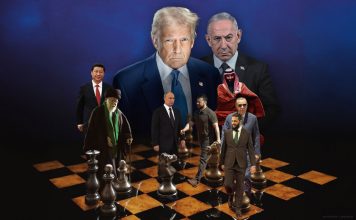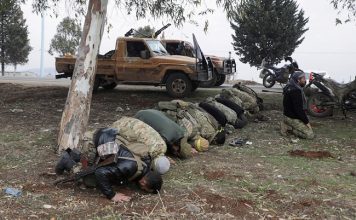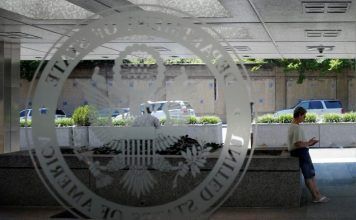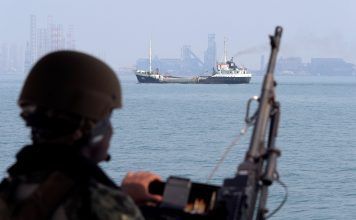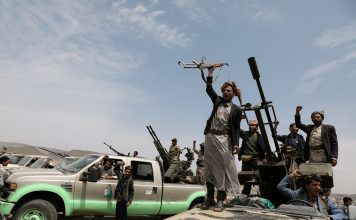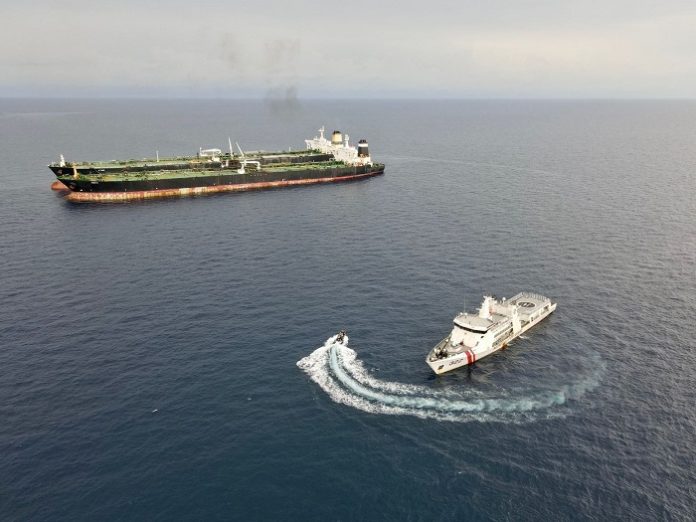
By Kayhan Life Staff
The Islamic Republic of Iran has encountered significant challenges because of strict sanctions imposed by the international community. These sanctions were primarily a response to Iran’s nuclear program and its alleged support for terrorist activities. The restrictions have profoundly impacted Iran’s economy, limiting its ability to engage in global trade and financial transactions and forcing Tehran to seek alternative methods to bypass these constraints.
Despite facing sanctions from the U.S. Treasury Department, the European Union (EU), and their Asian partners, the Iranian government has been engaging in illicit trading of oil and gas condensates through various means. Tehran has reportedly relied on the services of companies operating in several countries to circumvent the sanctions and continue illicit financial activities. Some key locations where Iranian entities have sought help include the United Arab Emirates (UAE), Malaysia, Turkey, Hong Kong, and India.
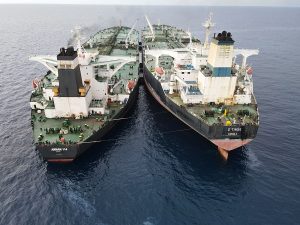
Although the sanctions have placed severe restrictions on the Islamic Republic, increasing the costs of its oil trade, Iran’s economic arteries remain intact. With these economic conduits in place, the regime can uphold its oppressive mechanisms against its citizens, finance the advancement of military technologies like missiles and drones, and continue backing terrorist organizations.
The Islamic Republic of Iran has faced international sanctions for over four decades. Various countries and international bodies have imposed these sanctions because of concerns regarding Iran’s nuclear program, human rights abuses, support for terrorist activities, and other contentious issues. Despite these sanctions, Iran has persistently found new ways to evade them, which leaves the West with no other option but to increase the pressure by imposing more sanctions.
Iranian authorities frequently claim that sanctions imposed on their country are ineffective. The situation is further complicated by the intricate web of economic interdependencies involving Iran. Many regional companies, brokers, and even several European firms have direct or indirect business dealings with Iran, leading to significant profits for all parties involved. These economic ties create a scenario where imposing sanctions becomes challenging because of the interconnected nature of global trade and finance.
China, the U.S., the EU, and other governments know that despite extensive sanctions against the Islamic Republic, a significant amount of oil is indirectly exported from Iran to China. Meanwhile, some Western companies export various goods to Iran, including prohibited and dual-purpose items.
“Tired of watching China flouting American sanctions on Iranian oil, U.S. lawmakers have approved a new set of penalties,” wrote Javier Blas, a Bloomberg Opinion columnist, on X (formerly Twitter). “The effort is pointless: what Washington needs is to enforce current sanctions, rather than new ones.”
In an opinion piece in Bloomberg on April 23 (titled “The U.S. Should Enforce, Not Increase, Iranian Oil Sanctions”) Mr. Blas said: “If you believe the Chinese government, the country does not import any oil from Iran. Zero. Not a barrel. Instead, it imports lots of Malaysian crude. So much that, according to official Chinese customs data, it somehow buys more than twice as much Malaysian oil as Malaysia produces.”
“The reality is that China simply rebrands every barrel of Iranian crude it imports as Malaysian — the easiest and cheapest way to defy U.S. sanctions, according to oil traders,” Blas explained.
EXCLUSIVE – China’s CCPC Takes Centre Stage in Iran, Venezuela Oil Trade-Sources
On April 4, the Department of the Treasury’s Office of Foreign Assets Control (OFAC) targeted the UAE-based Oceanlink Maritime DMCC “for facilitating the shipment of Iranian commodities on behalf of Iran’s Armed Forces General Staff (AFGS) and Ministry of Defense and Armed Forces Logistics (MODAFL).”
A reliable source knowledgeable about the Iranian regime’s illicit trade operations in Dubai disclosed to Kayhan Life that many Iranian and foreign entities have been involved in transactions with Iran, particularly with the Islamic Revolutionary Guard Corps (IRGC). Despite facing sanctions from Western governments because of these collaborations, these entities persist in conducting lucrative business with Iran. They prioritize the significant financial benefits they accrue over any apprehensions about potential restrictions.
Iran receives many supplies and equipment crucial for its strategic and telecommunication industries through Dubai. Despite the higher prices compared to global markets, this presents an opportunity for a government facing economic challenges. Iran also sources some goods it needs from Kazakhstan and Kyrgyzstan. Despite the distance hurdles, this situation creates a profitable opportunity for airlines like Pouya Air and Mahan Air.
The Islamic Republic’s agents have devised sophisticated strategies to evade international sanctions. When sanctions target a specific entity, individual, or financial channel, alternative entities quickly step in to achieve the same objectives. The intense competition among insiders can sometimes expose covert business operations to eliminate rivals and strengthen their positions. This dynamic has evolved into a significant power struggle within the government.
The Islamic Republic has strategically positioned its agents in various European cities, such as London, Amsterdam, Madrid, and Hamburg. These agents are crucial in providing the regime with essential resources, often at inflated prices. This infiltration is worrying because some networks have direct or indirect ties to government entities. This connection allows them to exploit two key factors: the escalating sanctions imposed on the Islamic Republic and the inadequate monitoring of their enforcement.
The potential inclusion of the IRGC on the list of terrorist organizations in Europe could have far-reaching consequences for Iran’s economy, given that around 60 to 65 percent of the Iranian economy, particularly sectors designed to circumvent international sanctions, is under the control of the IRGC.





